38 which procedure must be followed when transporting food for off-site service
The Correct Procedure For Delivering Prepared Hot Food Off-Site Proper procedure for delivering prepared hot food off-site The correct procedure for delivering prepared hot food requires keeping the temperature of the food at or above 135 degrees Fahrenheit. The temperature of the food should be maintained in a manner that avoids contamination or adulteration. How to Dispose of Contaminated or Spoiled Food | FDA For further information about disposing of contaminated, spoiled food as well as reconditioning, contact the Office of Compliance, Center for Food Safety and Applied Nutrition (240) 402-2359 or ...
IATA - What to Know About Air Cargo Handling In general, all items to be transported using commercial aircraft must pass through an acceptance process. There are certain procedures that must be followed regardless of the type of cargo. Other procedures may only apply to certain types of cargo. The section below will provide you a quick overview of some of the key steps of the MOP.
:max_bytes(150000):strip_icc()/potato-chips-crop-2-8b06efd08ea7433ab0e67ee1ad48dbd2.jpg)
Which procedure must be followed when transporting food for off-site service
Food businesses - safe food preparation, storage and display Key messages. Food must be safely prepared, stored and displayed. Food businesses must be aware of the temperature danger zone. Cross-contamination can result in food poisoning, and must be avoided. Pre-prepared and ready-to-eat food must be labelled properly, so the food stays safe to eat. Transportation Methods for Food Distribution | TransForce April 4, 2022. Truck drivers are essential to food distribution, but many food items can't simply be loaded into a regular semi trailer to be hauled across the country. There are laws and regulations that dictate how to transport certain food items to avoid contamination and ensure customers are able to purchase goods that are safe to consume. 6 Best Practices for Food Transportation - DataMyte Sanitary transportation practices must be followed during loading, unloading, and while the food is in transit. These practices include preventing cross-contamination, maintaining proper temperature, and protecting food products from physical, chemical, and biological hazards. Communication
Which procedure must be followed when transporting food for off-site service. Preventing Cross-Contamination - ServSafe be done when transporting food for off-site service. • If separate storage is not possible, store food in the following top to bottom order: ready-to-eat food; seafood; whole cuts of beef and pork; ground meat and ground fish; whole and ground poultry. • This order is based on the minimum internal cooking temperature of each food. Chapter 9 Food Safety Flashcards - Quizlet When transporting food off-site: Use insulated, food-grade containers designed to keep food from mixing, leaking, and spilling. Label food with a use-by date ... Transport, Handle, and Store Food Properly - Safe and Healthy Food ... Handling and storing foods in the proper way will help keep food safe for guests to enjoy. Proper temperature control is key for maintaining the safety of perishable foods such as fresh produce, prepared meals, meats and eggs, and dairy. The Danger Zone is the range of temperatures between 40°F and 140°F. This is the temperature range at ... What are the correct procedures for preparing and serving food for off ... When transporting food off-site: Use insulated, food-grade containers designed to keep food from mixing, leaking, and spilling. Label food with a use-by date and time, and reheating and service instructions. Clean the inside of delivery vehicles regularly. When delivering food off-site -
Which Procedure Must Be Followed When Transporting Food For Off-Site ... Jun 16, 2022 followed, offsite, procedure, service, transporting, which When transporting food for an off-site service, it is essential to label all bulk foods properly and protect them from time-temperature abuse. The licensed entity should be able to help you with the food transport procedure. Listed below are some things to consider. ServSafe Food Protection Manager® Study Guide - Rockwall ISD Keep raw foods away from ready-to-eat or cooked foods and label all food items. OFF SITE SERVICE - Delivery equipment must be insulated to keep food at 135F if ... FDA Requirements for Offsite Caterer Serving Food ... - ProfitableVenture 3 FDA Requirements for an Offsite Caterer That Will Be Serving Food Even Without Temp Control. 1. Structural & Equipment Requirements. A caterer is expected to operate directly from a permitted kitchen that is capable of supporting the proposed operation (operation plans and menus is expected to submitted in writing). a. PPTX Chapter 2 You can hold hot food without temperature control for up to four hours if you meet these conditions: Hold the food at 135°F (57°C) or higher before removing it from temperature control. Label the food with the time you must throw it out.
ServSafe Unit 7 | Other - Quizizz Which procedure must be followed when transporting food for off-site service? answer choices pack food in insulated food-grade containers clean the inside of the delivery vehicle annually store raw meat, poultry and seafood and ready to items together assume the service site has safe water and garbage containers Question 3 120 seconds Serve Safe Quiz Flashcards | Quizlet When storing Ready-To-Eat food that was prepped on-site, the food must must be date marked and include the __________ name of the food When should whole cuts of beef be stored in a cooler below Ready-to-eat food Material Safety Data Sheets (MSDS) should be kept where staff can access them Soup on a buffet should be labeled with the Name of the food Page 5 of the ServSafe Manager Study Guide for ... - Union Test Prep Risk minimizing procedures should include: covers/lids and sneeze guards, holding hot foods at 135°F or higher and cold foods at 41°F or lower, and checking food temperatures at least every 2 hours (to leave time for corrective action) with the proper thermometer inserted into the food. Servsafe ch 9 - The Flow of Food: Service Flashcards - Quizlet when holding cold food without temperature control Hold the food at 41f or lower before removing it from refrigeration, label the food with the time you removed it from refrigeration and the time you must discard it, make sure the food does not exceed 70f while being served, sell, serve, or discard the food within 6 hours.
Example: Standard Operating Procedure (SOP) for Patient Handoff ... - CDC Transporting Ambulance Provider Before Transport Ensure transportation readiness: Confirm that receiving facility is ready for patient arrival. Confirm patient's condition and level of personnel required to accompany patient during transfer. Confirm whether additional passengers are being transported (family, etc.).
Food Delivery Safety | CDC Make sure food safety is part of the package, too. Home-delivered food, like all food, must be handled properly to prevent food poisoning. Handling delivered food safely is important for everyone, but especially if you are buying food for someone who is more likely to get food poisoning: Adults aged 65 and older; Children younger than age 5
When transporting food off-site How should information such as use-by ... When delivering food off-site: Use insulated, food-grade containers designed to stop food from mixing, leaking, or spilling. Clean the inside of delivery vehicles regularly. Check internal food temperatures. Label food with a use-by date and time, and reheating and service instructions.
Ensuring a Safe Food Transportation System | SafetyCulture Here are best practices when handling food that is being prepared for delivery. inspect goods for insects and pests to avoid widespread infestation; use airtight containers to store dried goods and avoid using cardboard boxes; keep dried goods at least 15 centimeters from the floor; discard damaged goods immediately to prevent contamination;
PDF MODULE 14: Off-site Transport and Storage of Healthcare Waste •Explain the legal requirements for off-site transport and storage of healthcare waste •Evaluate and improve transport equipment and vehicle designs •Demonstrate the use of PPE •Develop a routing plan for collection and transport •Demonstrate cleaning and disinfection of off-site transport equipment and vehicles
How to Deal With FDA's Food Hauling Rules - Trucking Info To help make that happen, shippers have developed food safety plans that incorporate industry best practices to ensure the sanitary transport of perishable food. What carriers must do, then, is ...
Ch.9 Flow Of Food Flashcards | Chegg.com With the proof procedures in place, how long can cold food be held without ... When delivering food for off-site service, raw poultry must be stored
Transporting Food to Remote Sites (Satellite Kitchens) SCOPE: This procedure applies to foodservice employees who transport food ... Follow California Retail Food Code requirements. ... Containers should be:.
Providing Safe Food - ServSafe Off-Site Service. To keep vended food safe: Check product shelf life daily. Refrigerated food prepped on-site and not sold in seven days must be thrown out.
Guidance for Industry: Sanitary Transportation of Food | FDA Section 416 of the act requires FDA to promulgate regulations setting forth sanitary transportation practices to be followed by shippers, carriers by motor vehicle or rail vehicle, receivers, and...
Transporting food - Food Standards Australia New Zealand When you are transporting food, you need to consider two main food safety issues: keeping the food protected from contamination and, if the food is potentially hazardous, keeping it cold (5°C or colder) or hot (60°C or hotter). Protecting food from contamination It is important to protect food from contamination by keeping it covered at all times.
What is the proper method for transporting food for off site service. Food transportation can be defined as the process of delivery food from one place to another. The best and proper method that can use to transport food for off site service is to make use to make use of insulated food grade containers so as to prevent food from the following: Leakage. Mixing etc. Therefore pack food in insulated food-grade ...
Keeping Food Product Transports Safe on Truck or Rail Receiving personnel should be properly trained to inspect tankers prior to loading. A written procedure should be established to guide receiving personnel through the inspection process. There are two key elements to tanker inspections: documentation review and physical inspection.
Chapter 7 The Flow of Food: Service - Culinary Arts Dining rooms, self-service areas, off-site locations, and vending machines all have specific guidelines that staff must follow. Kitchen Staff Guidelines. Train ...
Receiving Practices - Food Safety, Sanitation, and Personal Hygiene 5. Receiving Practices. HACCP is an operation system that ensures that as many precautions as possible are undertaken to eliminate, minimize, or prevent any kind of contamination. HACCP identifies critical control points that relate to all transportation, handling, preparation, service, and storage of food products.
6 Best Practices for Food Transportation - DataMyte Sanitary transportation practices must be followed during loading, unloading, and while the food is in transit. These practices include preventing cross-contamination, maintaining proper temperature, and protecting food products from physical, chemical, and biological hazards. Communication
Transportation Methods for Food Distribution | TransForce April 4, 2022. Truck drivers are essential to food distribution, but many food items can't simply be loaded into a regular semi trailer to be hauled across the country. There are laws and regulations that dictate how to transport certain food items to avoid contamination and ensure customers are able to purchase goods that are safe to consume.
Food businesses - safe food preparation, storage and display Key messages. Food must be safely prepared, stored and displayed. Food businesses must be aware of the temperature danger zone. Cross-contamination can result in food poisoning, and must be avoided. Pre-prepared and ready-to-eat food must be labelled properly, so the food stays safe to eat.
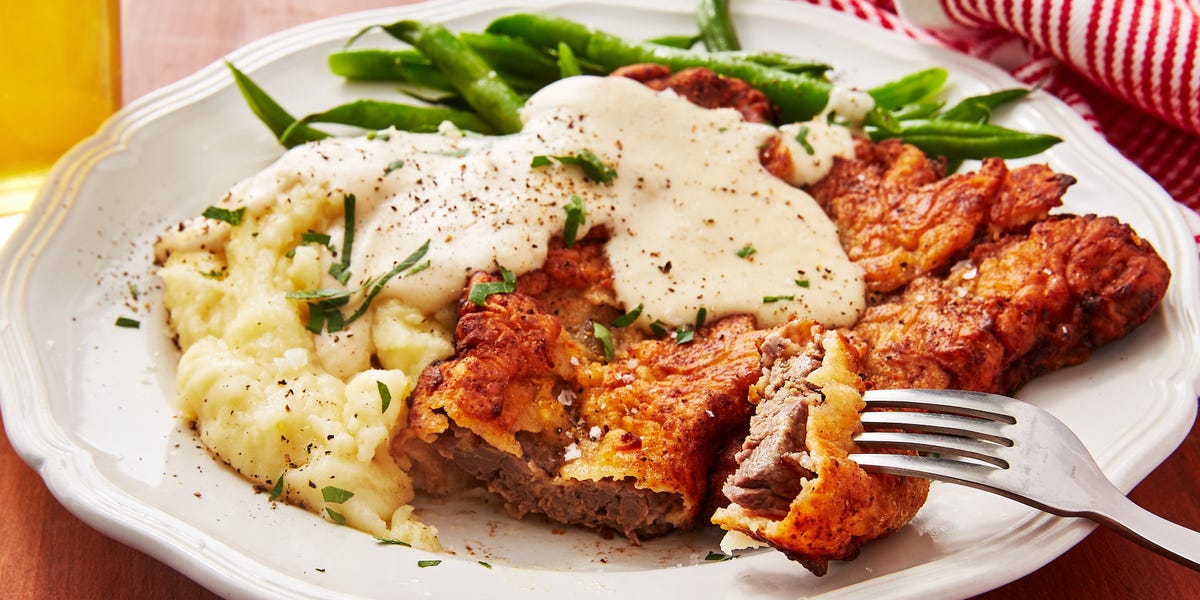
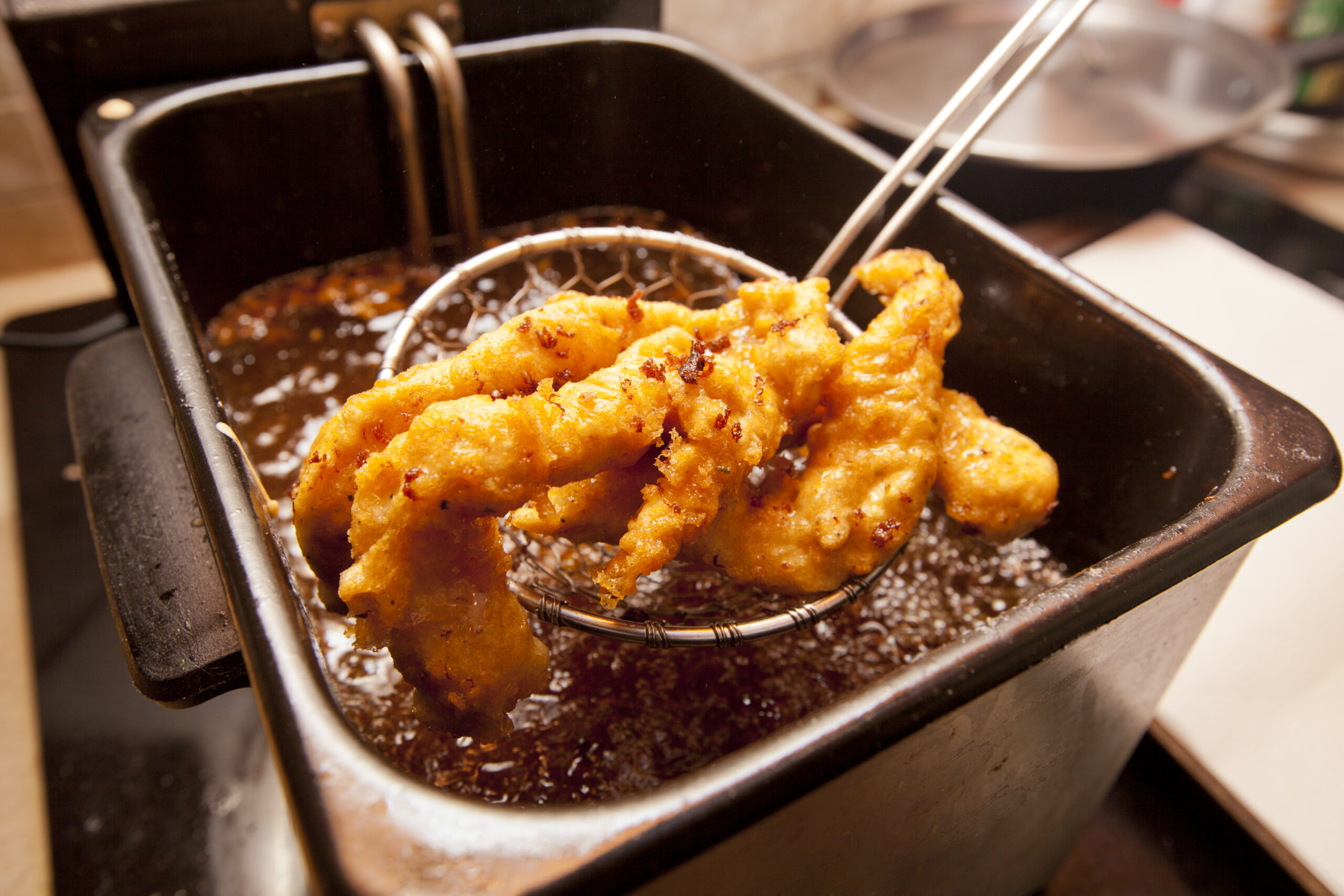


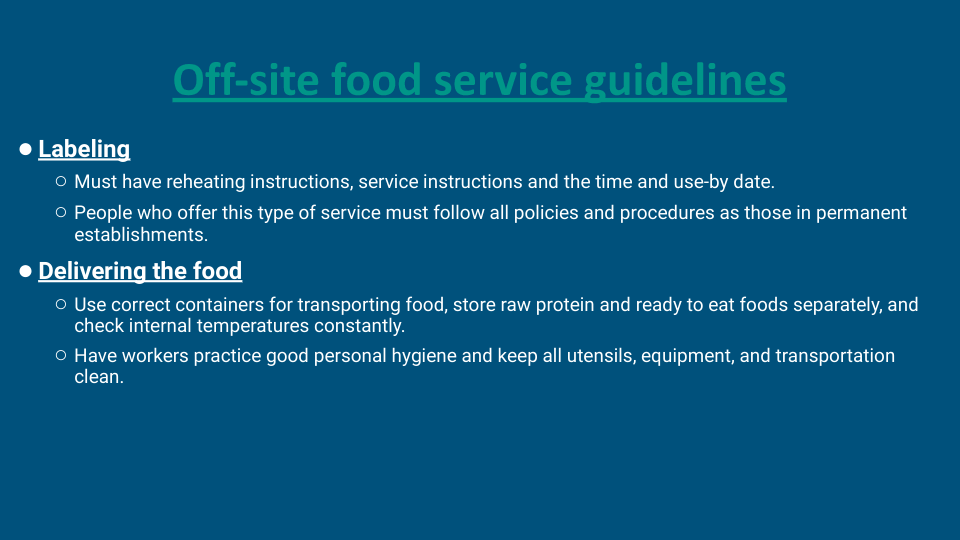
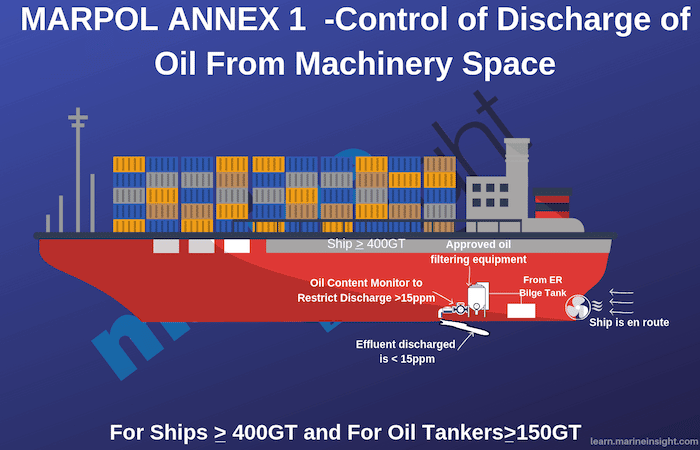


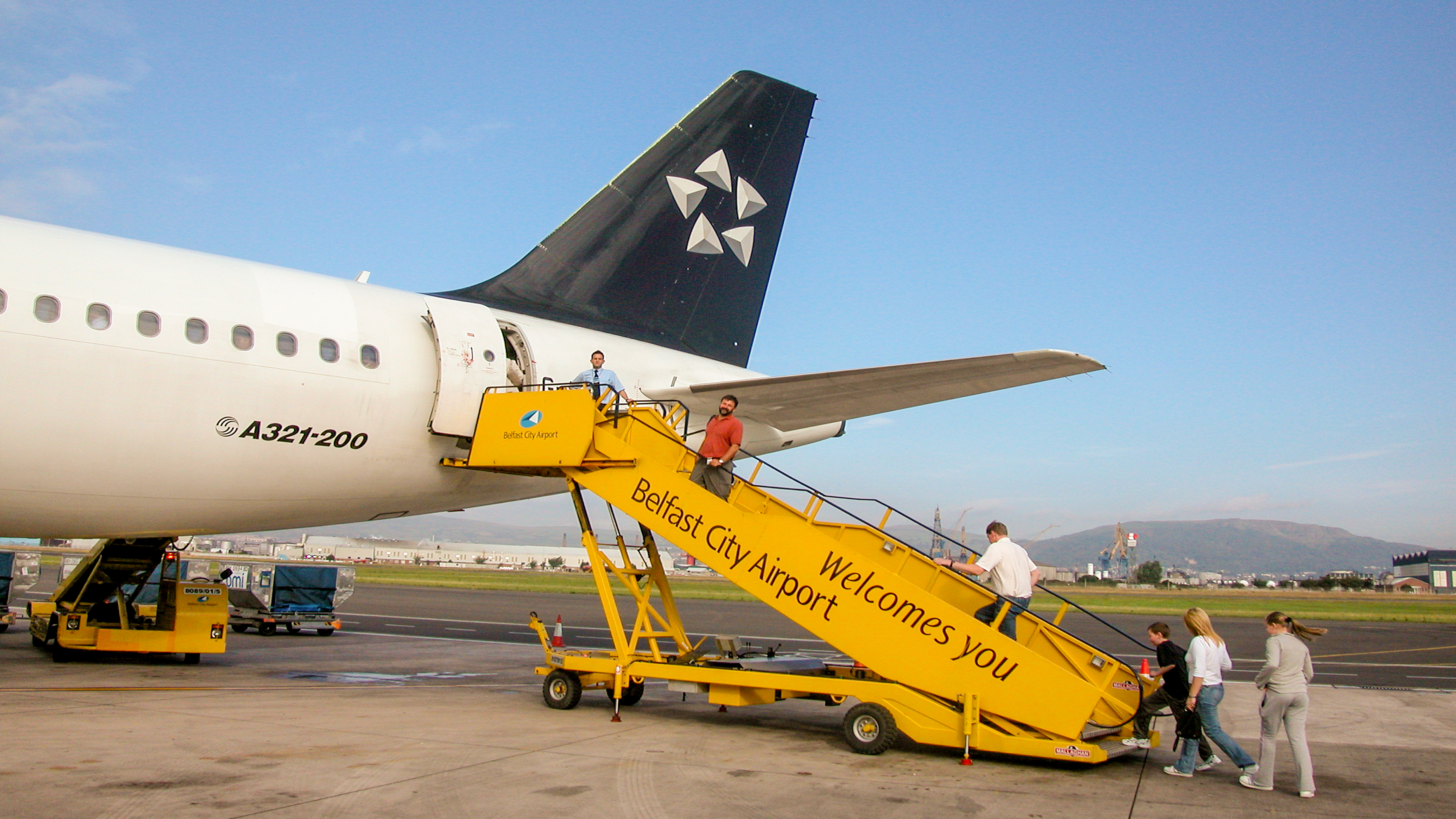




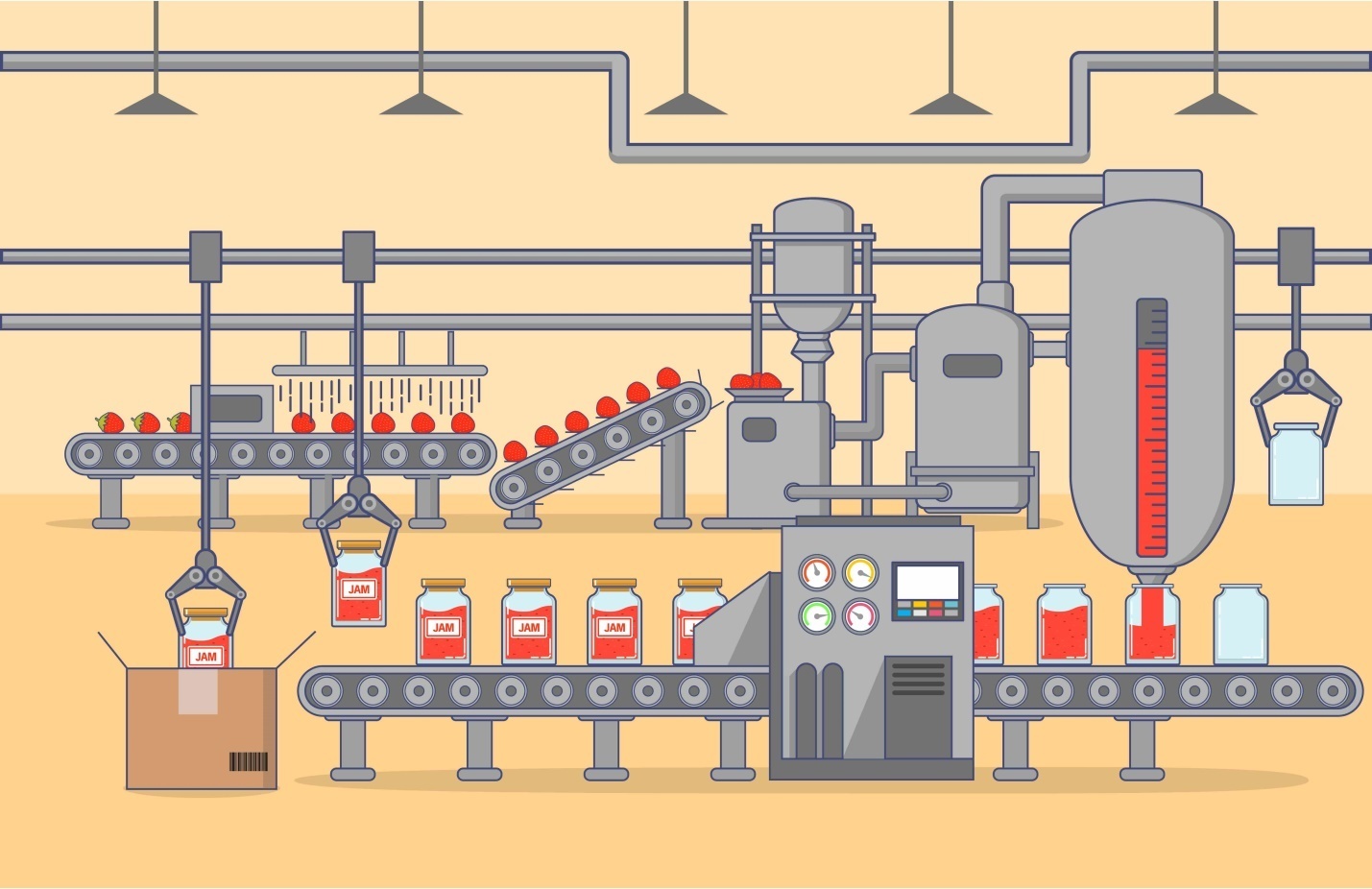
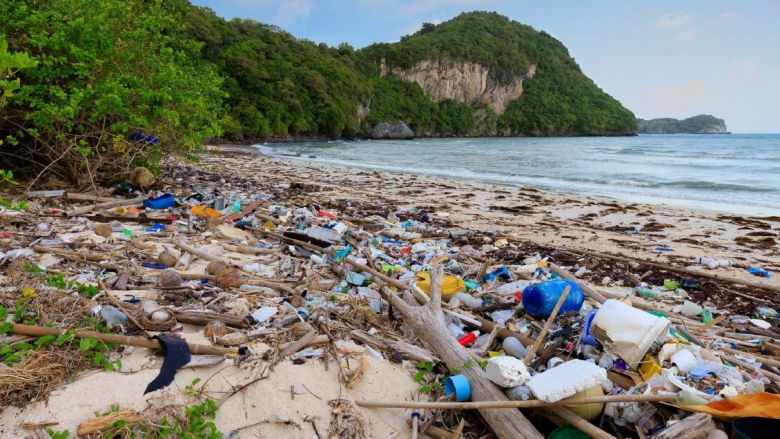

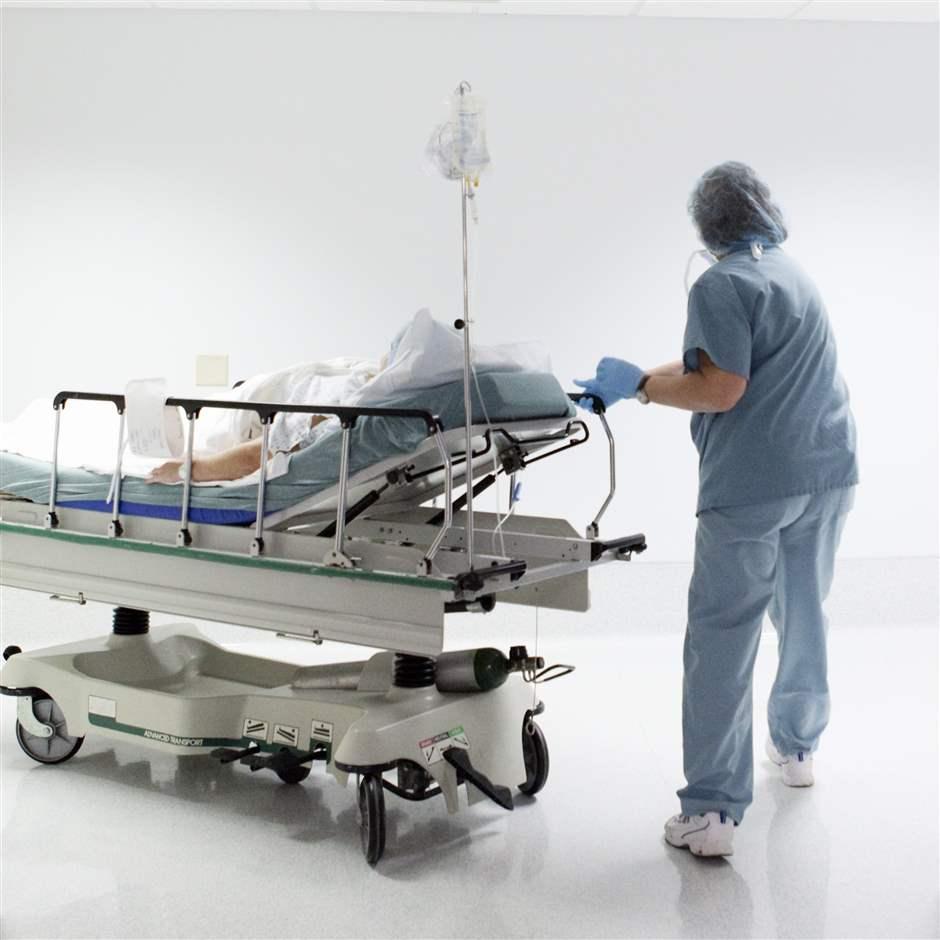
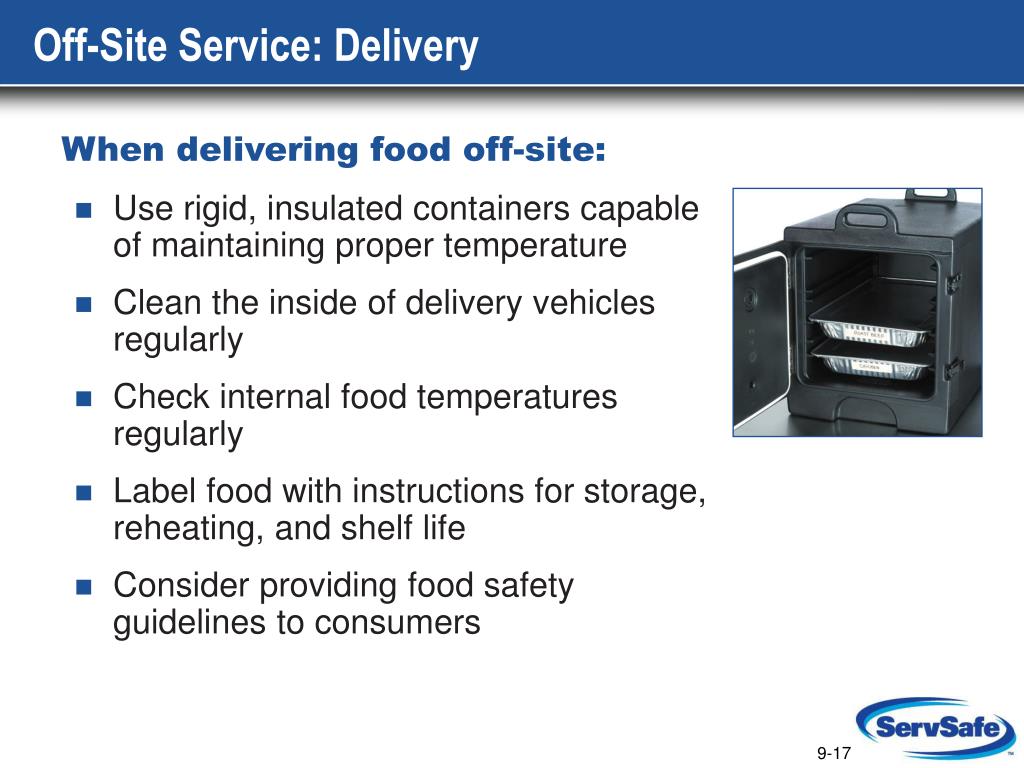
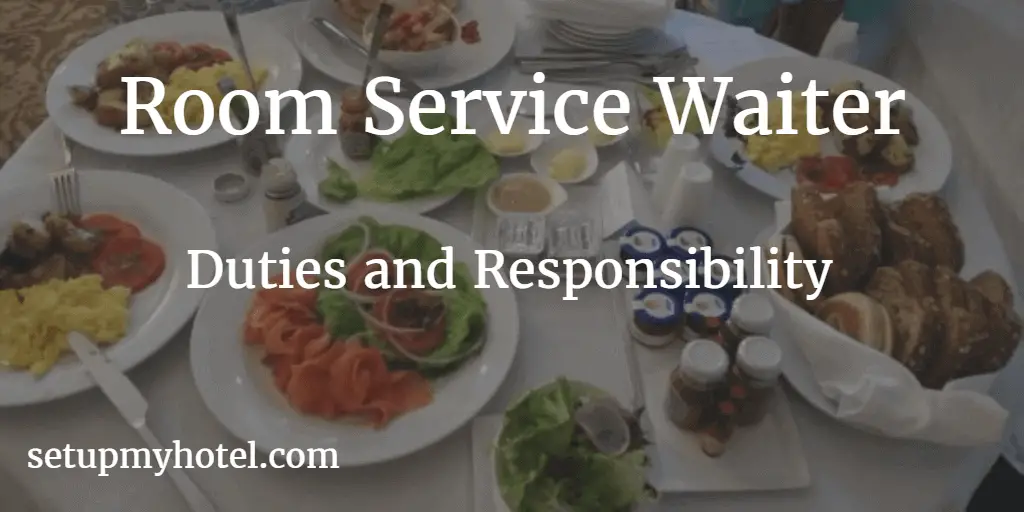
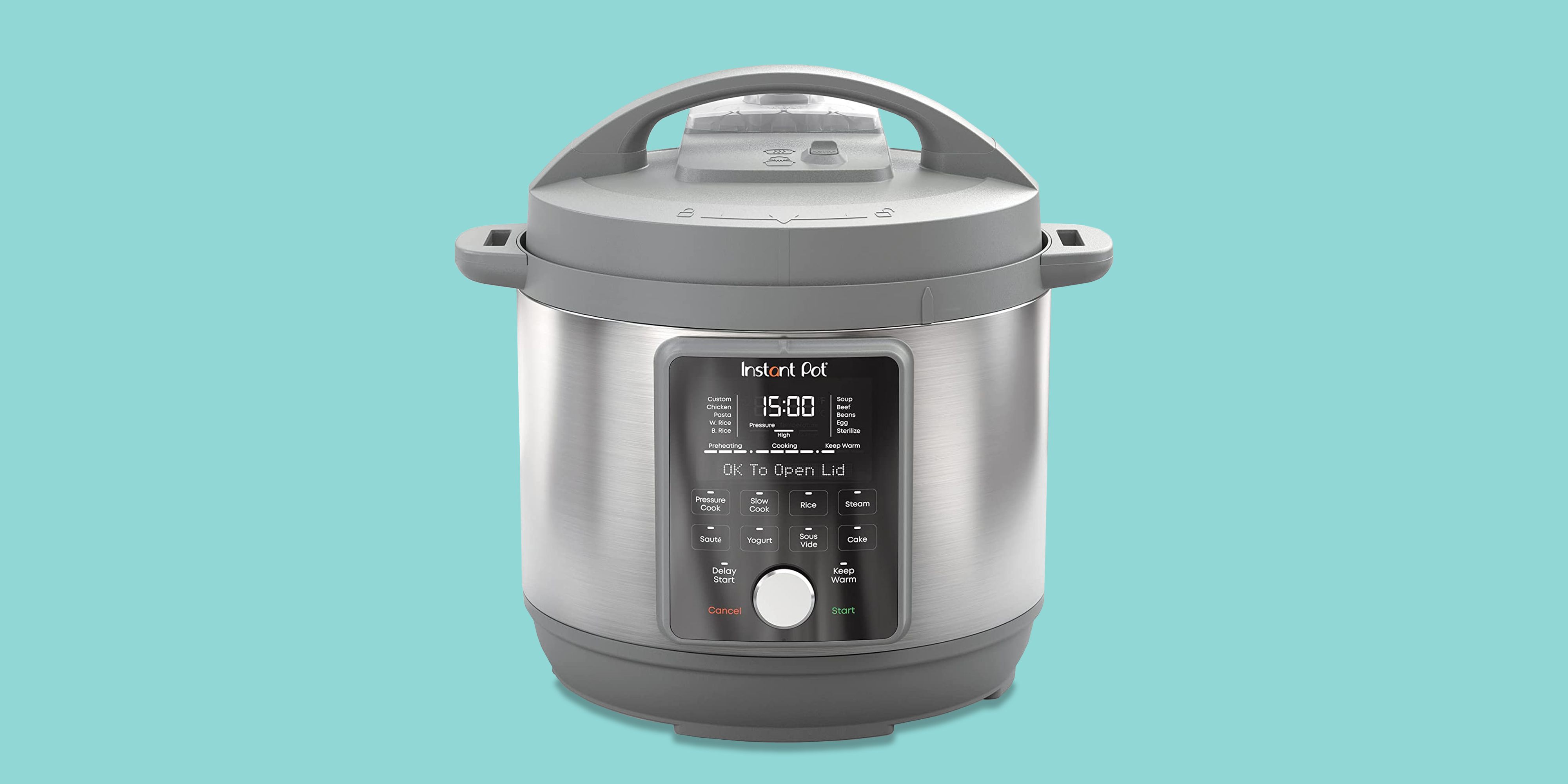


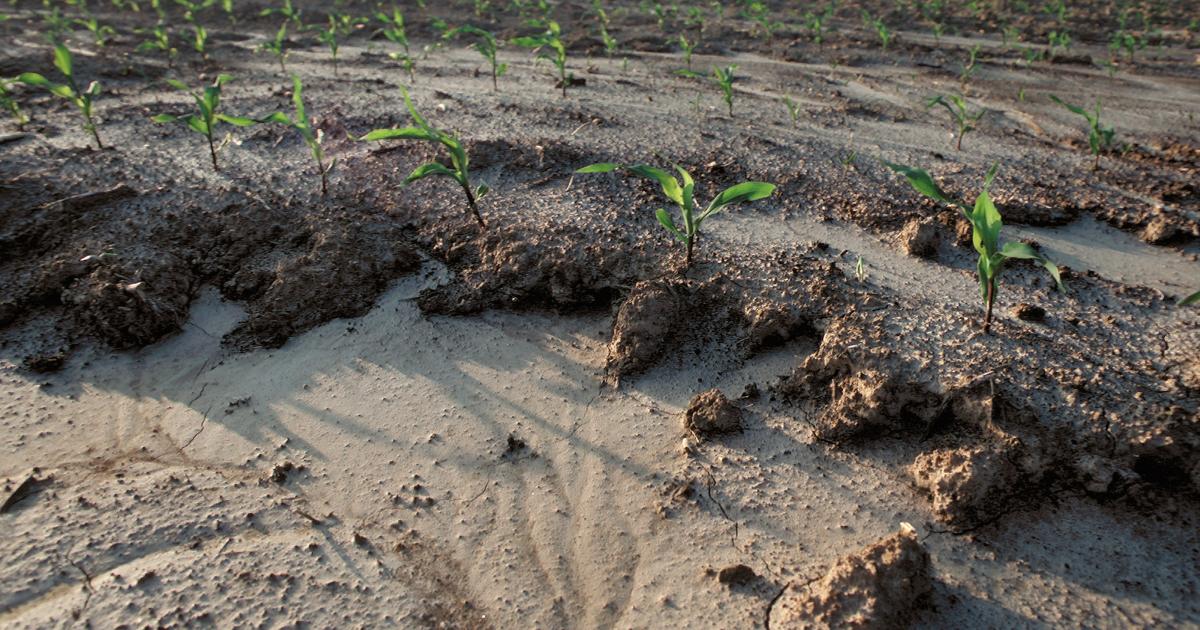
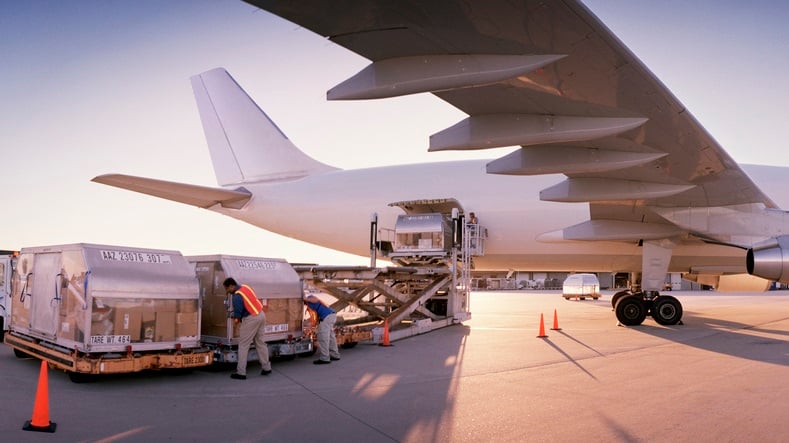


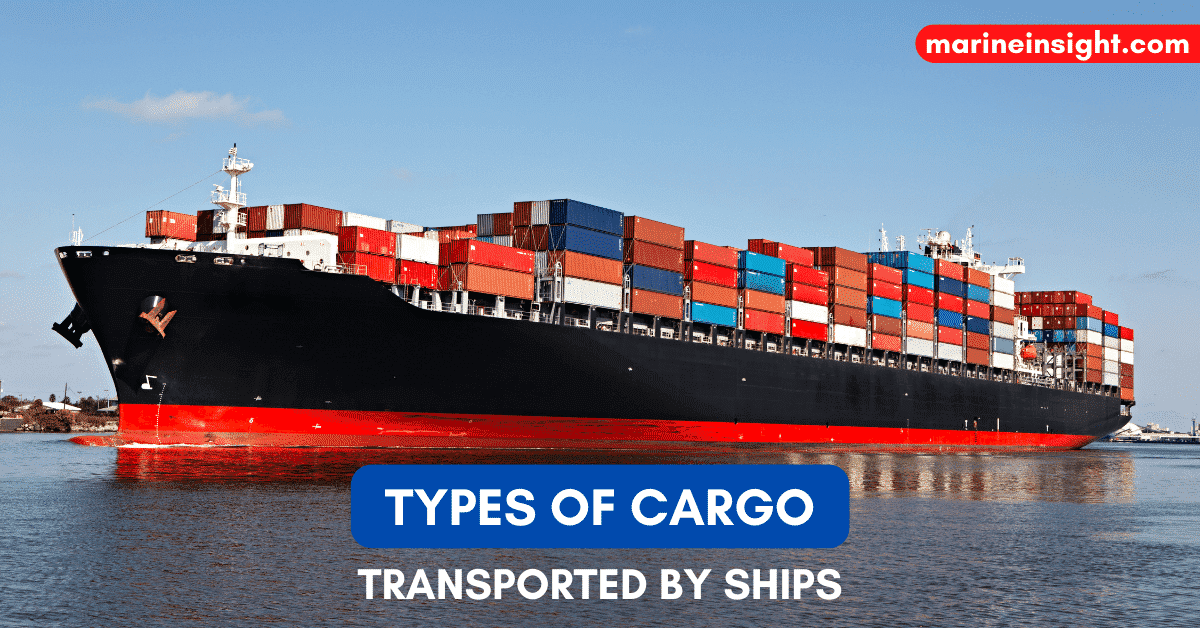

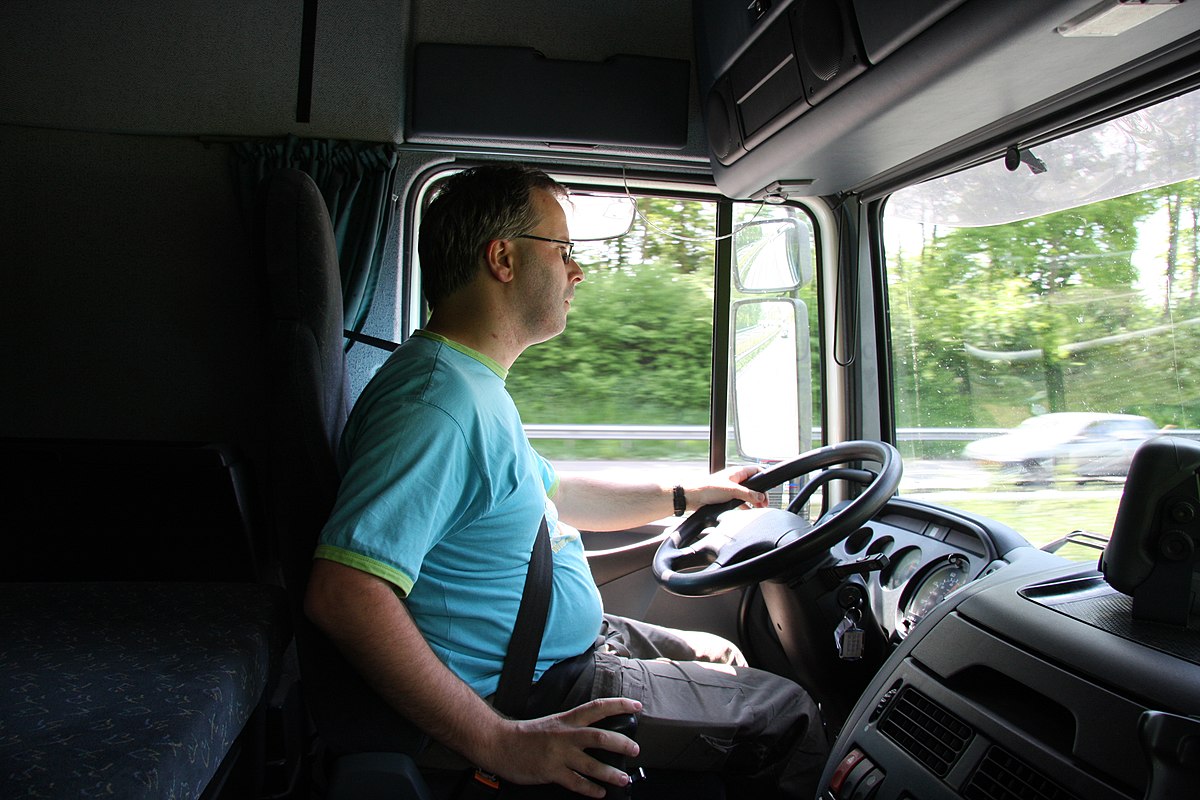


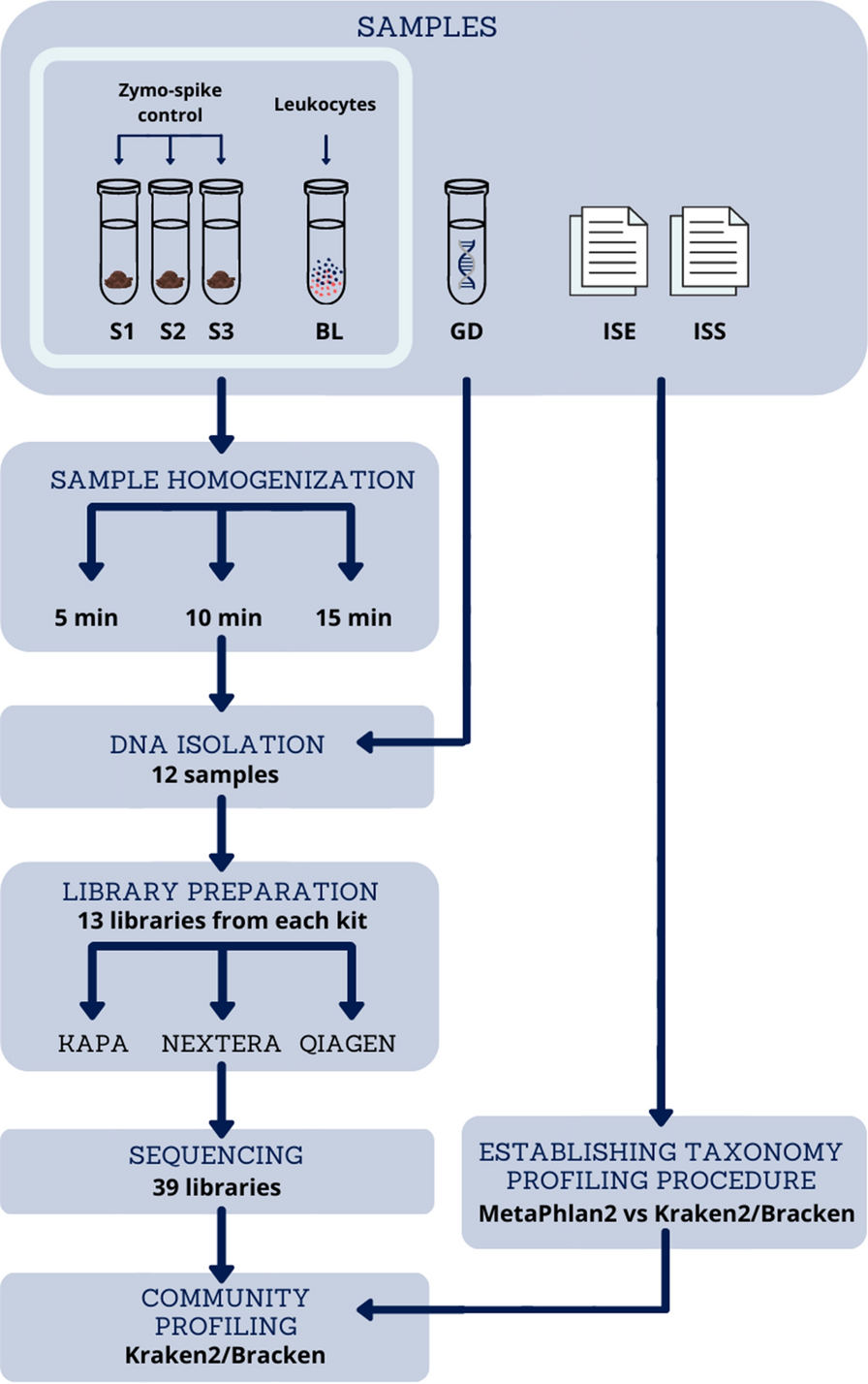
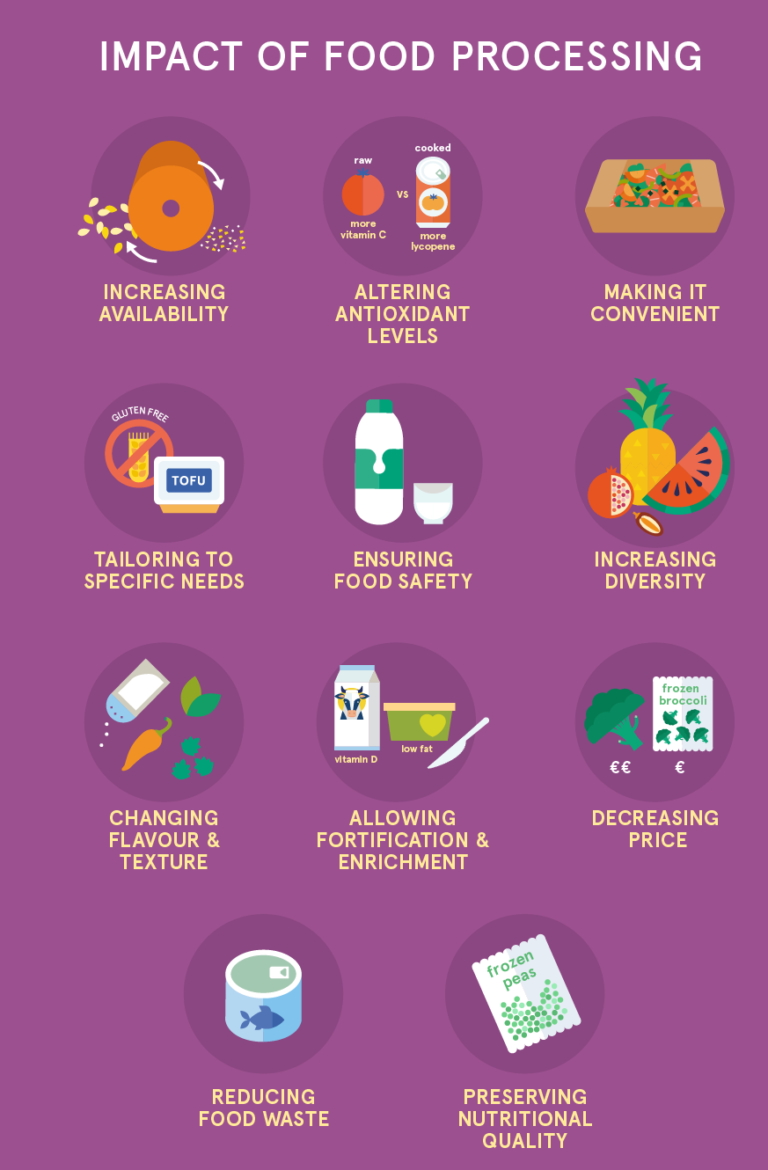
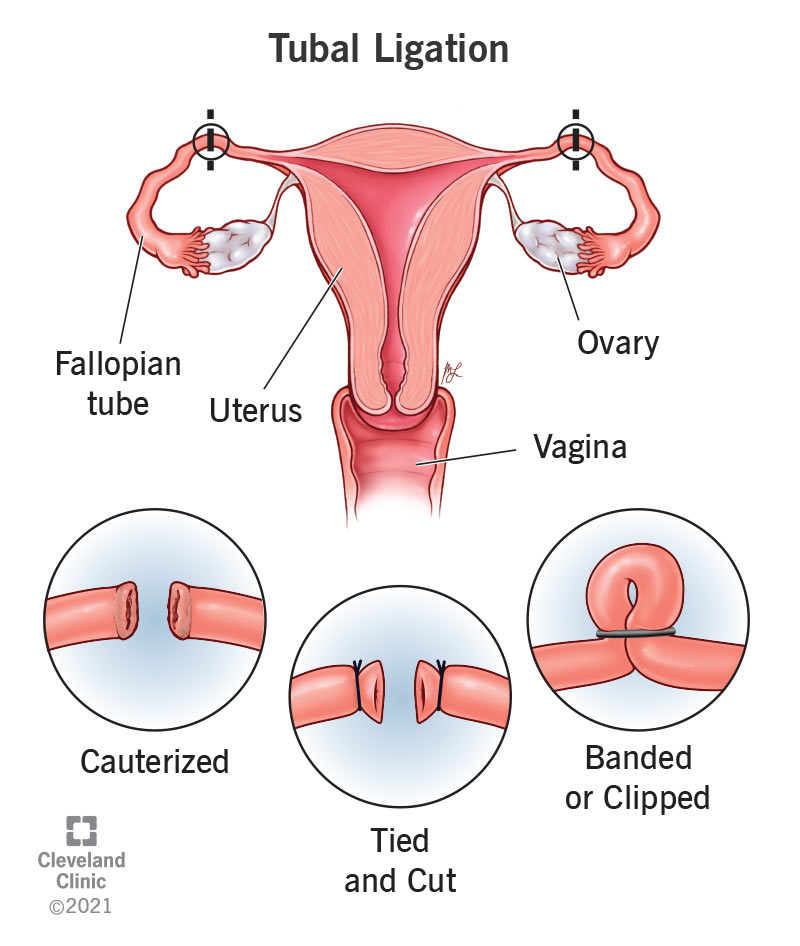

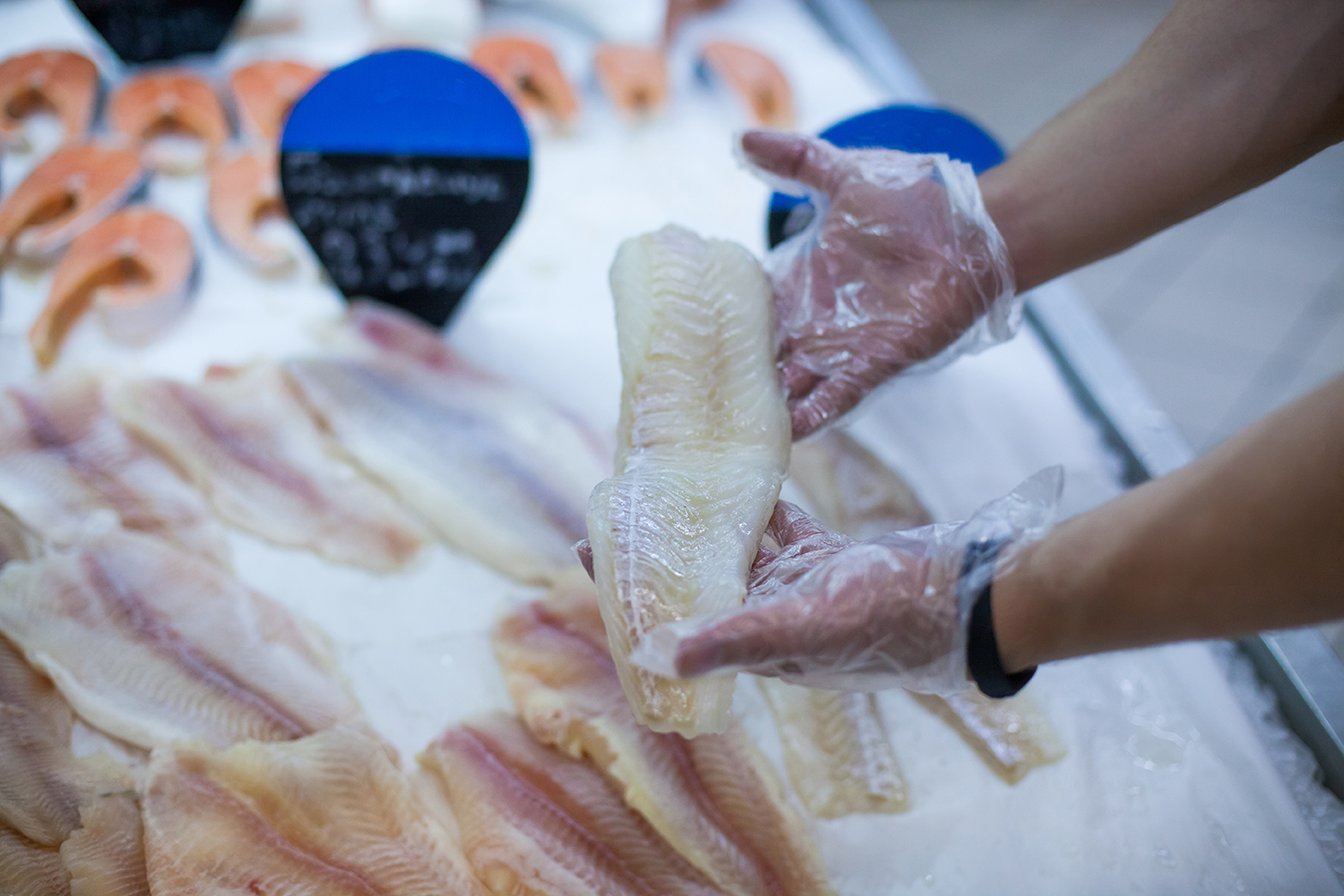
Post a Comment for "38 which procedure must be followed when transporting food for off-site service"